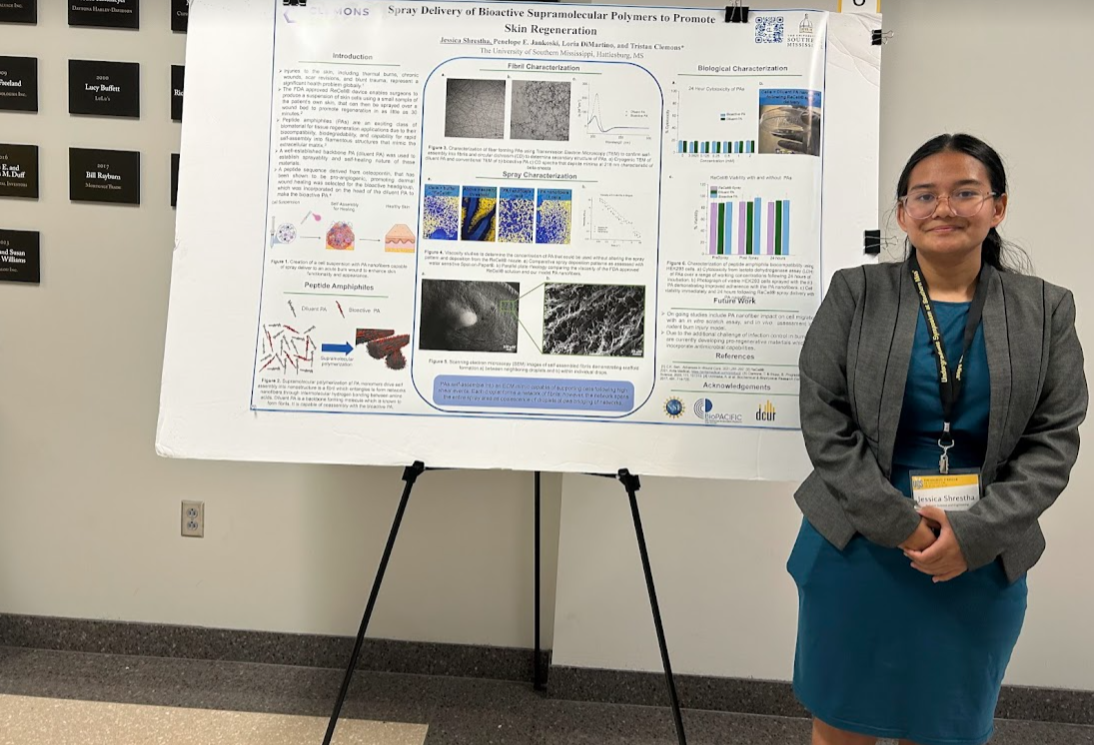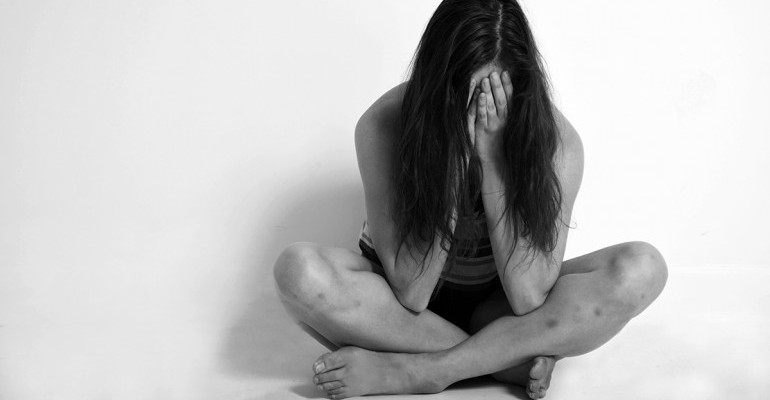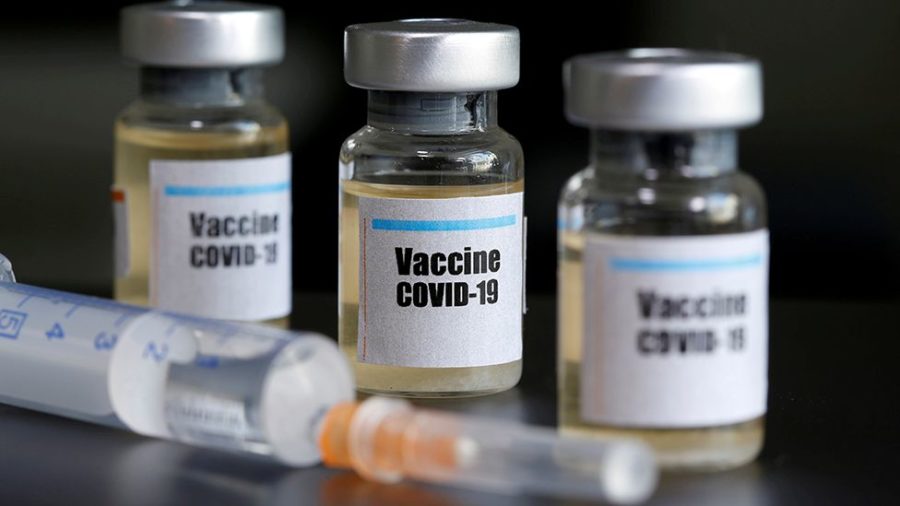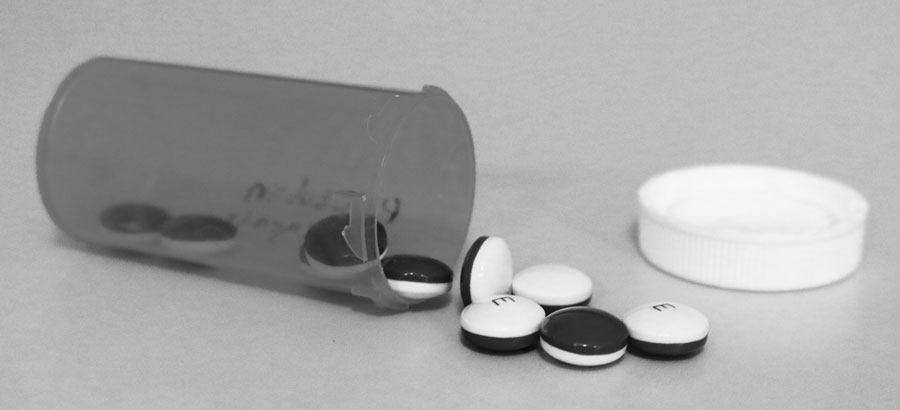Depression is a common occurence among college students, although many do not seek the help they need or they feel uncomfortable seeking mental health care. Sometimes, the symptoms you feel are more than just college stress. Talk to someone. -Kara Davidson
Many people experience the first symptoms of depression during their college years, according to the National Institute of Mental Health. Unfortunately, many college students who have depression do not get the help they need.
They may not know where to go for help or believe that treatment will not help. Others do not get help because they think their symptoms are just part of the typical stress of college, or they worry about being judged if they seek mental health care.
According to the Depression and Bipolar Support Alliance, depression affects approximately 14.8 million American adults in a given year, and as many as 1 in 8 adolescents have clinical depression. But how can a person tell if he or she has depression or is simply just down in the dumps?
“One of the key symptoms is negative thoughts,” said Michelle Howard, who works in Student Counseling Services.
“If you see everything in white and black, just good and bad, that’s another sign of depression. Others are irrational thinking, problems with sleeping and eating, both too much and too little, problems with self-esteem and exhaustion.”
Students should also be aware that depression could happen to anyone, from freshmen to graduate students and anyone in between. Depression does not discriminate.
Taylor Provencher, a junior political science and Spanish double major, was not diagnosed until a few months ago.
“It was a mix of a lot of feelings, but the greatest thing I’ve learned after being diagnosed is empathy for myself and others,” Provencher said. “We’re all human beings and it’s OK to help one another out during hard times.”
The news of her diagnosis was a mixed bag of emotions for Provencher.
“In one sense I felt relieved because everything made sense after that,” she said.
“I wasn’t a terrible person for being sad and upset all of the time. I wasn’t a bad person for being sad even when friends and family did nice stuff for me. I was just someone dealing with an illness that overwhelmed me.
At the same time I was terrified though. I didn’t really know what depression meant. Would I be on medicine forever? Would people think I should be locked in an insane asylum? Would medicine help or make it worse?”
However, Provencher has been able to rely on those close to her for support.
“When I notice myself starting to hit a low point, I do things to make myself happy,” she said.
“I go out with friends or I give myself a spa day. Sometimes, though, I don’t even notice I’m hitting a low point and that’s when it is very important for my friends to be there for me and to help bring me back up. I may not have many friends but those (who) are close to me are very important. I don’t know where I would be without them.”
Many people who suffer from depression are scared of the stigma that comes along with it. Many people who do not have depression do not understand it, and think the person should just learn to cheer up. However, the best way to understand depression is to talk about it, according to Howard.
The campus offers multiple resources for people who might be dealing with depression. Not only is there Student Counseling Services, but there is also the CARES program. CARES stands for Campus Action Referral and Evaluation System, and open to students with mental health and behavioral issues as well as faculty and staff who want to help and understand these problems.
The best way to deal with depression, whether diagnosed or not, is to talk to someone trusted about it. For more information, visit the Student Counseling Services or CARES website.



































